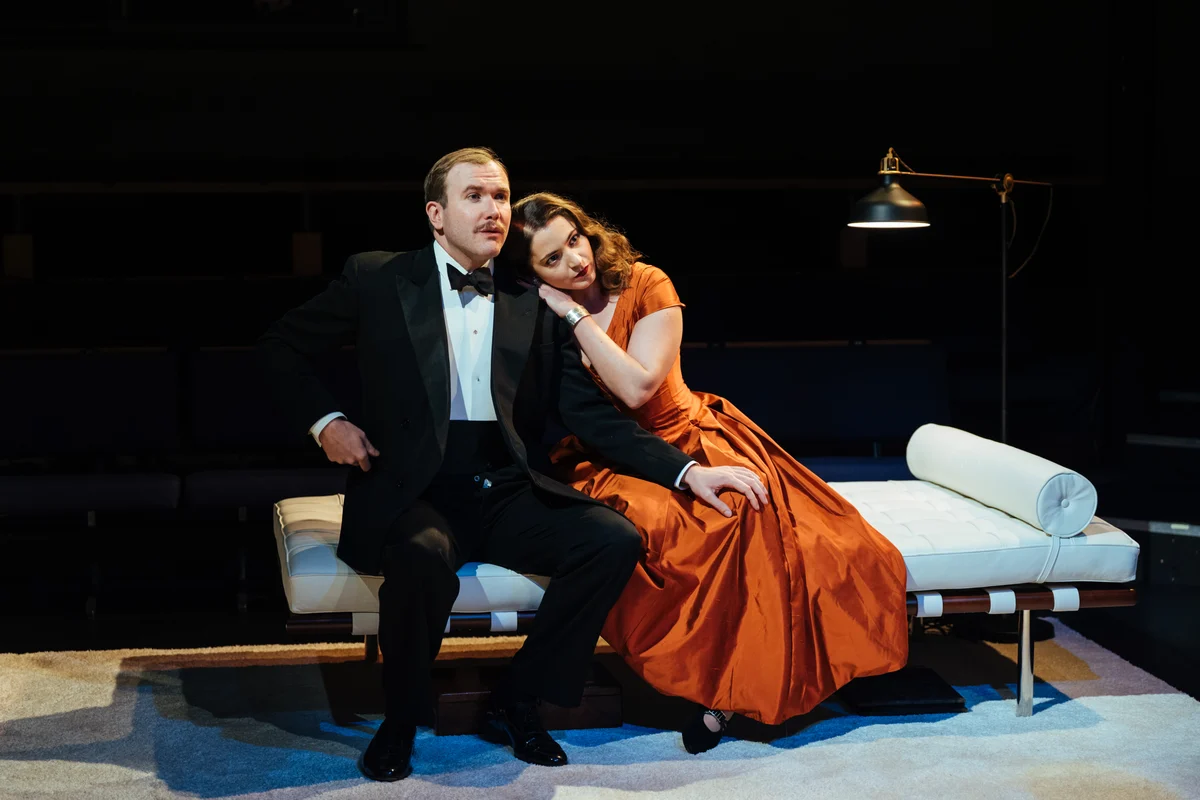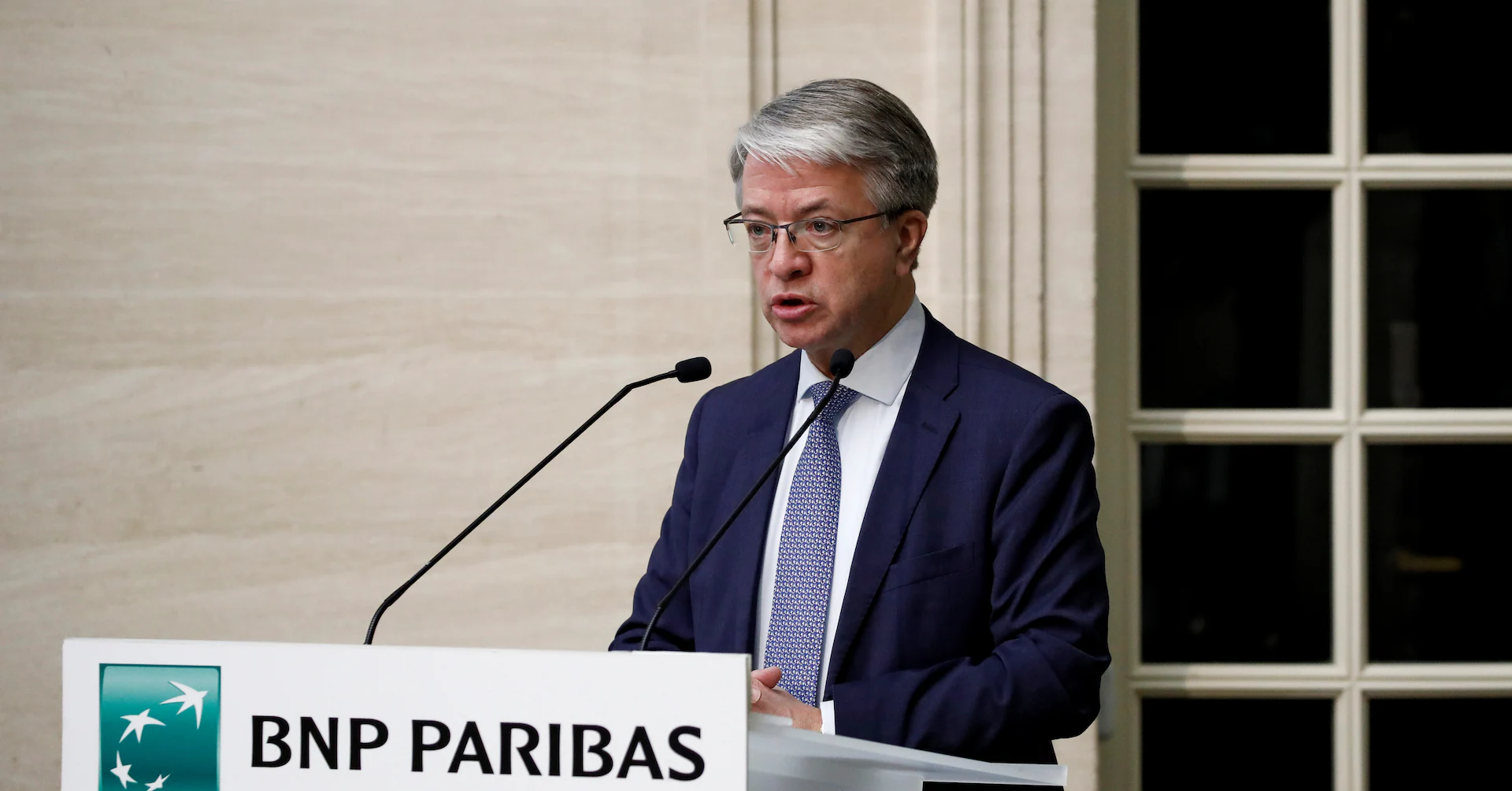Copyright standard

Like all good plays, Ibsen’s Hedda Gabler is one where there’s loaded guns at the beginning and you’re waiting for the bangs at the end. His classic drama about a bored newlywed who disdains her husband and manipulates her ex-lover should build and build until the guns are finally used, but in Tanika Gupta’s super-smart adaptation the tension never quite ratchets up. Gupta was inspired by the life of Golden Age Hollywood actress Merle Oberon, who always insisted she was Australian when it turned out she was Anglo-Indian – The Hays Code, which governed what films of the time could show, prohibited depictions of ‘miscegenation’. Here, the setting isn’t 19th-century Norway but Chelsea in the late forties, just after India gained independence from Britain; Hedda is an Anglo-Indian actress too, also hiding her heritage, an act of self-denial that is tearing her apart, and has forced her to retire. In this movie-milieu update, Hedda’s new husband George Tesman (a pleasantly blustery Joe Bannister) is not a fusty academic but a film director trying to get his next picture made. But his old friend and general wastrel Leonard (Jake Mann) has written a screenplay that’s the talk of the town, and threatens to usurp George’s film on the production schedule. Gupta’s adaptation is masterful in its deepening and disrupting of the themes of Ibsen’s play and its careful interleaving of the new narrative through the original. Hedda’s moods and manipulations make sense here: she is capricious, she is cold, but that’s rooted in the fear she feels at being exposed as mixed race, and despair that she lives in a society where that would jeopardise her life. “You reveal your Indian side and everyone will reject you,” says her maid (secretly her mother) Shona, a wonderful Rina Fatania, who finds strange cadences in her lines, bringing mischief and comedy but also tenderness and fire in the way she interacts with Hedda. “India is free now,” Hedda says. “We should be free.” “But the English are the same,” Shona replies. And yet the line-by-line dialogue is also too expositional, too functional. Instead of being a psychologically twisty, taut bit of drama it’s often too full of business. It’s not helped by Hettie Macdonald’s static direction which keeps characters mostly standing still while they say huge chunks of unasked-for information at each other. What makes it work is Pearl Chanda’s Hedda, full of glamour and ice, her eyes bored and then instantly calculating. Although the small bare set from Simon Kenny sets a strange stifled mood, with its white leather chaise and footstool and white rug - far from the lush and opulent world we’re told the Tesmans are living in – the claustrophobia makes sense when Chanda is on stage. She paces the rug like a trapped animal, close to giving up, to resigning herself to her fate, but agitated and watchful too, and suddenly alert when she senses there may be some way out. Very clever, very complex, and faithful to Ibsen’s play, but trying to be both Hedda Gabler AND an adaptation of it leads to dialogue overload and underbrewed tension so that the bangs, when they come, don’t have much of an effect.



